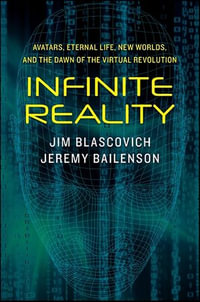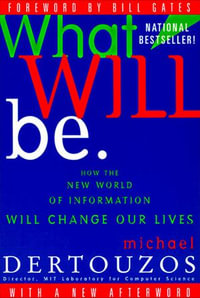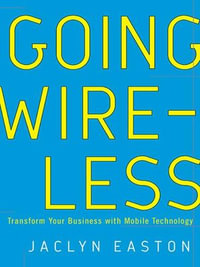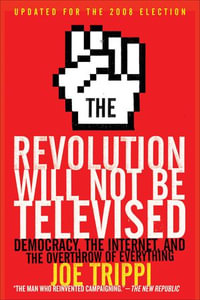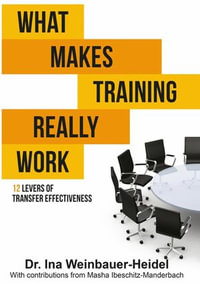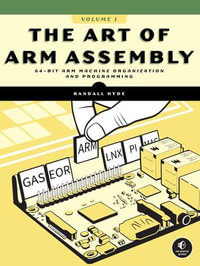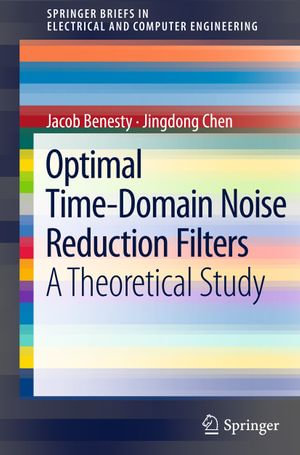
Optimal Time-Domain Noise Reduction Filters
A Theoretical Study
By: Jacob Benesty, Jingdong Chen
eText | 15 April 2011
At a Glance
eText
$84.99
or
Instant online reading in your Booktopia eTextbook Library *
Read online on
Desktop
Tablet
Mobile
Not downloadable to your eReader or an app
Why choose an eTextbook?
Instant Access *
Purchase and read your book immediately
Read Aloud
Listen and follow along as Bookshelf reads to you
Study Tools
Built-in study tools like highlights and more
* eTextbooks are not downloadable to your eReader or an app and can be accessed via web browsers only. You must be connected to the internet and have no technical issues with your device or browser that could prevent the eTextbook from operating.
ISBN: 9783642196010
ISBN-10: 3642196012
Series: SpringerBriefs in Electrical and Computer Engineering
Published: 15th April 2011
Format: ePUB
Language: English
Publisher: Springer Nature
You Can Find This eBook In
Non-FictionComputing & I.T.Computer Programming & Software DevelopmentAlgorithms & Data StructuresEngineering & TechnologyEnergy Technology & EngineeringElectrical EngineeringElectronics & Communications EngineeringElectronics EngineeringCommunications Engineering & TelecommunicationsTechnology in GeneralEngineering in General
Other Technologies & Applied SciencesApplied OpticsImaging Systems & TechnologyReference, Information & Interdisciplinary SubjectsResearch & InformationCoding Theory & CryptologyComputer ScienceImage ProcessingLibrary & Info SciencesLibrary & Information ServicesDigital Signal Processing (DSP)Information theory
This product is categorised by
- Non-FictionComputing & I.T.Computer Programming & Software DevelopmentAlgorithms & Data Structures
- Non-FictionEngineering & TechnologyEnergy Technology & EngineeringElectrical Engineering
- Non-FictionEngineering & TechnologyElectronics & Communications EngineeringElectronics Engineering
- Non-FictionEngineering & TechnologyElectronics & Communications EngineeringCommunications Engineering & Telecommunications
- Non-FictionEngineering & TechnologyTechnology in GeneralEngineering in General
- Non-FictionEngineering & TechnologyOther Technologies & Applied SciencesApplied OpticsImaging Systems & Technology
- Non-FictionReference, Information & Interdisciplinary SubjectsResearch & InformationCoding Theory & Cryptology
- Non-FictionComputing & I.T.Computer ScienceImage Processing
- Non-FictionLibrary & Info SciencesLibrary & Information Services
- Non-FictionComputing & I.T.Computer ScienceDigital Signal Processing (DSP)
- Non-FictionReference, Information & Interdisciplinary SubjectsResearch & InformationInformation theory
